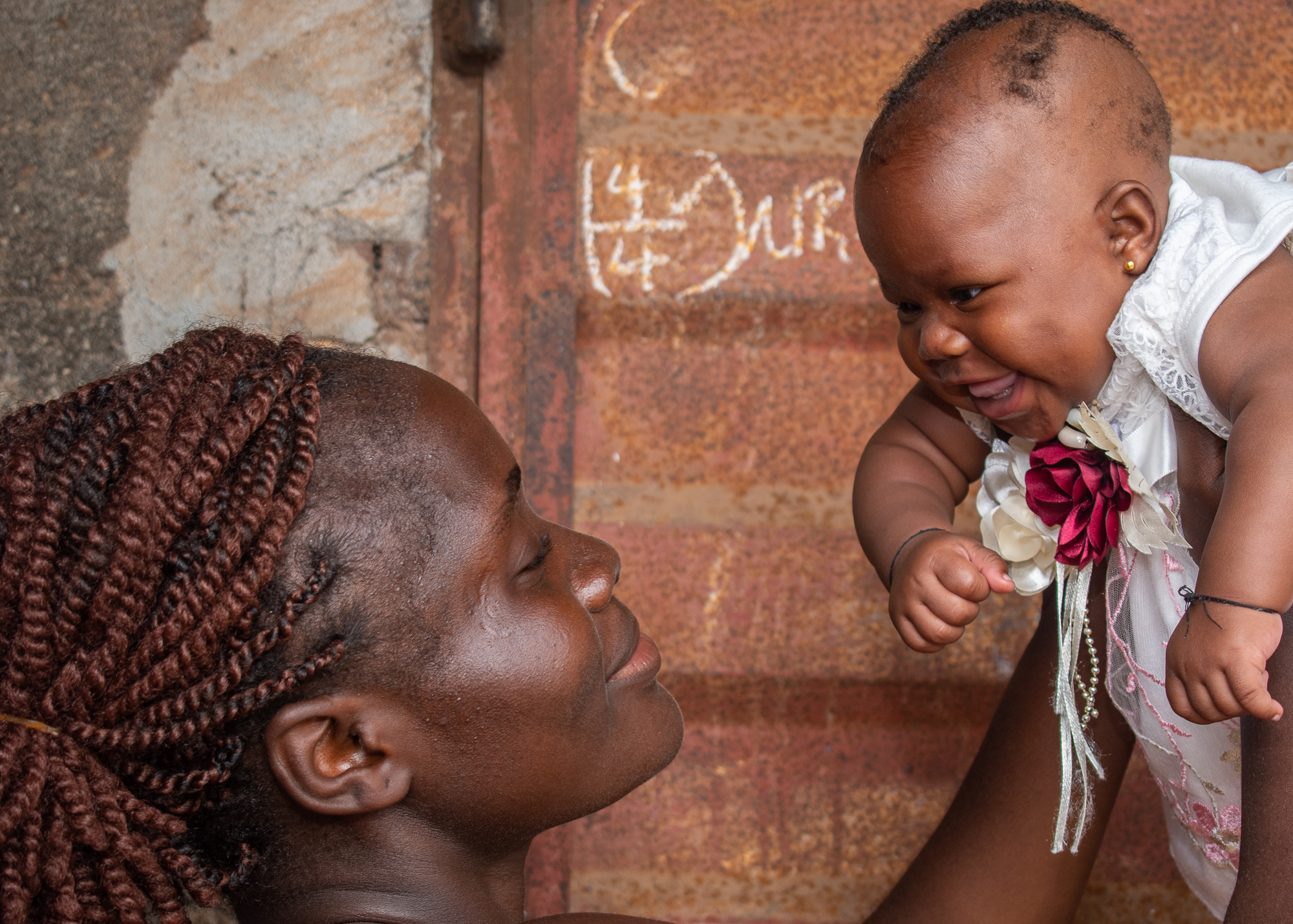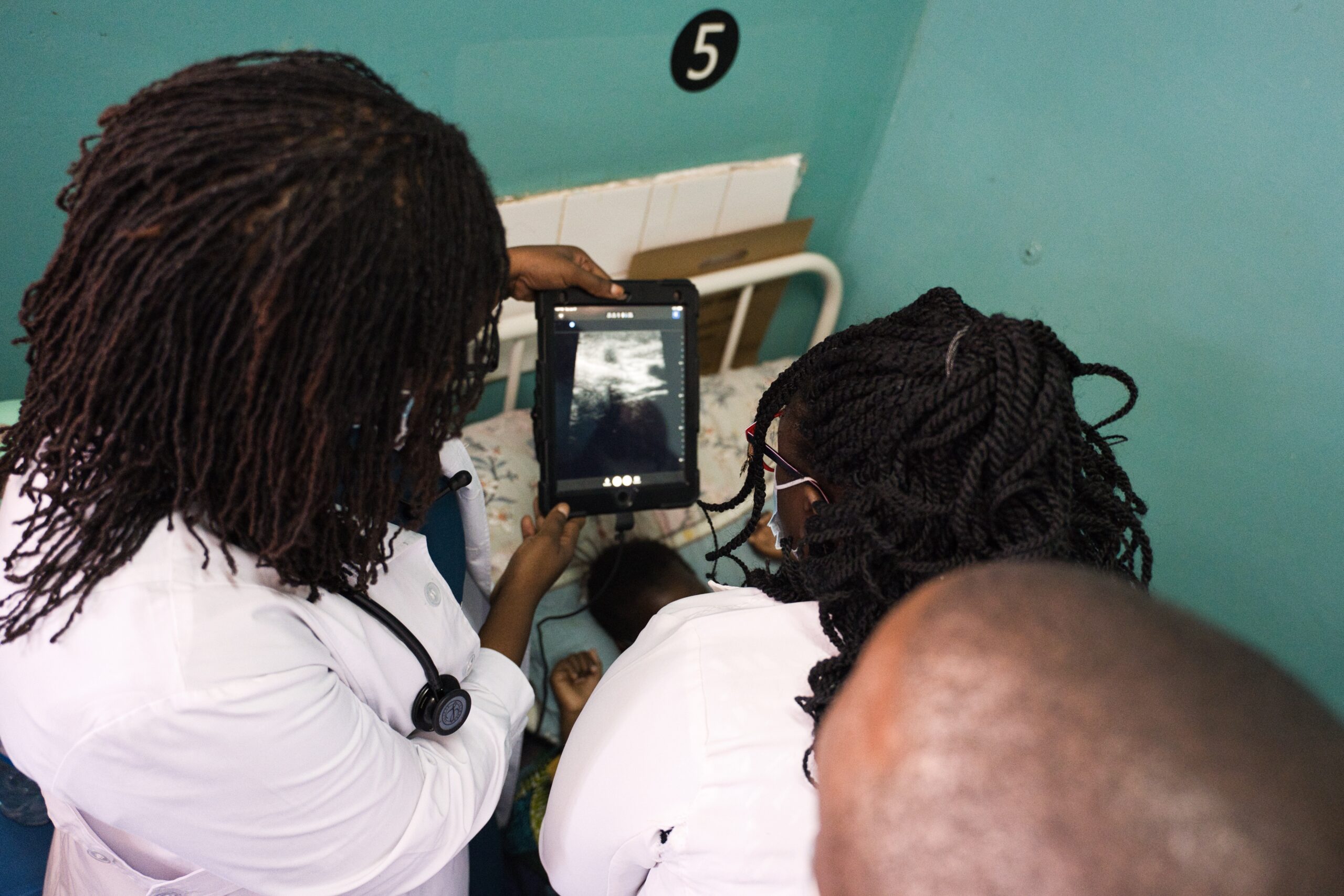Investing in Nurses & Midwives: Reflections from Uganda
This post was co-authored by Irene Atuhairwe Duhaga, BScN, MPH and Tracy Kobukindo, BScN, MPH on the occasion of International Day of the Nurse. Irene serves as Technical Advisor for Nursing and Midwifery for Seed Global Health in Uganda. Tracy is a Nurse and public health specialist also working in Uganda.
Celebrations and Somber Realities
As the world geared up to celebrate the International Day of the Midwife (May 5th) and the International Day of the Nurse (May 12th), we reflect on the first quarter of 2020, a year that was declared by WHO as the International Year of the Nurse and Midwife (YONM). According to WHO, 2020 is meant to “celebrate the work for nurses and midwives, highlight the challenging conditions they often face, and advocate for increased investments in the nursing and midwifery workforce.”
In a sad twist, celebrating during YONM has become less palatable given the COVID-19 pandemic that has seen nurses and midwives (among other health workers) all over the world, risk, or lose their lives at the frontline. As of May 1, more than 1,000 frontline healthcare workers, globally, have died from caring for patients with COVID-19; 221 of whom are nurses. Rather than celebrating during 2020, the pandemic has highlighted the challenging working conditions for nurses and midwives which have sadly cost lives.
The challenges posed by the Covid-19 pandemic have brought to light the critical importance, and the role, of nurses and midwives not just in pandemics but across the health care service delivery system as a whole. According to WHO, the world needs six million more nurses and midwives to achieve global health targets within the Sustainable Development Goals (SDGs). This comes at a time when investment in nurses and midwives in Uganda in the past has not been given due attention, despite the fact that they make up seventy-five percent of the health workforce. The Uganda Nurses and Midwives Council reports that forty-three percent of nurses and midwives work in rural Uganda where eighty percent of the Ugandan population lives. It is therefore highly likely that, for many Ugandans, a nurse or midwife will be the only healthcare provider they will interact with during their lifetime and are dependent on them for all their healthcare needs.
One would think that given their critical role, investment in nurses & midwives would go without saying, but this is not yet the case. Nurses still work long hours, spend thrice more time with a patient but are the least paid. These are some of the hurdles nurses and midwives are still facing, even in their year – the International Year of the Nurse and Midwife. In light of the epidemic, some nations have started compensating for a previous lack of investment through monetizing incentives for nurses and midwives to continue working at the frontline. The China Global Television Network reported that Ghana removed taxes for Health Workers and provided allowances worth fifty percent of their basic pay last month. Ironically, it took a pandemic to improve their pay.
The Nurse’s Role in Universal Health Coverage
Universal Health Coverage is a strong component of the WHO constitution and is key in achieving the Sustainable Development Goals (SDGs). In September 2019, Heads of State and representatives of various governments committed to achieving UHC by 2030. This, if it were attainable, would be impossible without investing in and involving nurses & midwives, who by virtue of training and skills are key care providers in the rural areas (community nurse) and urban specialized wards (critical care).
Bachelors trained nurses and midwives are uniquely placed to improve the health outcomes of a population. Research shows that having highly-trained nurses & midwives improves health outcomes such as the reduction in mortality and reduced hospital stays. According to research done by Dr. Linda Aiken in 2008, in the United States, an increase of only 10% of Baccalaureate Nurses translated into a 10% reduction in mortality rate. Similar studies in other countries have shown reduced hospital stay and improved adherence to treatment where a bachelor’s’ trained nurse was present.
But the presence of a nurse and midwife affects more than the patient’s outcome, it also has spillover effects on the economy and gender equality. According to the Triple Impact of Nursing Report by the All-Party Parliamentary Group on Global Health, investing and developing the nursing and midwifery sector will have a triple-effect impact on ensuring better health for all, gender equality, and stronger economies. Nurses and midwives by virtue of their training and roles have the ability to provide person-centered care that is unique to the nursing and midwifery sector.
Investment Now
Investment Now is a global call to action and Uganda should not be left behind. Investing in nurses and midwives is no longer a debatable topic but instead a call to action to ensure quality patient outcomes and the resilience of health systems. The success of Investment Now could very well determine how well we recover from pandemics such as this one in the future. It will enable countries to achieve Universal Health Coverage and stronger economies. Without a healthy population, it is impossible to achieve a strong economy. The first step of Investment Now should be the meaningful engagement of nurses and midwives in policy discussions, formulation, and analysis. Uganda has about 70,167 nurses and midwives registered with the Uganda Nurses and Midwives Council. These numbers may be deceptive and it’s important to note that only 48,000 are in employment. Whereas we have made some strides in “pre-investment” activities, we have a very long way to go. In 2018, the Nursing Now campaign was launched to uplift the status of nursing and midwifery worldwide, with Uganda among the Pilot countries. As a country with more than 70,000 registered nurses and midwives comprising 75% of the health workforce, we must challenge ourselves to invest more in our own nurses & midwives, empower, uplift and motivate, and recognize their contribution towards the Health Sector.
For the Government of Uganda and all stakeholders, to achieve Universal Health Coverage, successfully battle Covid-19 and similar epidemics, we need to make deliberate efforts to invest in the nursing and midwifery sector. We offer five possible strategies to achieve this;
- Wide implementation of the schemes of service for nurses and midwives for better wages is a priority. This will incentivize nurses and midwives through the provision of a conducive and enabling policy framework and environment that will see nurses and midwives perform to their full potential.
- Wide implementation of the schemes of service will enable bachelors prepared nurses and midwives to engage in direct clinical care and therefore improve the health outcomes of the Ugandan population.
- Take deliberate efforts to meaningfully involve nurses and midwives in leadership, policy formulation, and decision making at the national level at the ministry of health. This can be through appointments to leadership positions, actively seeking their contribution, and bringing them to the table for policy discussions and formulation. This will not only ensure feasible policy formulation but also wider and sustainable implementation.
- Fill available nursing and midwifery leadership positions as soon as they fall vacant. This will go a long way to strengthen leadership and advocacy of this sector. Leadership gaps create uncertainty, a lack of direction, vision, and accountability that is detrimental to the motivation, drive, and success of the profession.
- Initiate active recognition of nurses’ and midwives’ contributions to global health through positive media coverage and at the workplace of nurses and midwives to inspire the profession and improves public images. The example of Nurse Doris Okudinia, who wheeled a patient from a Health Centre IV to a Referral Hospital to save her life, comes to mind and such selfless acts from nurses should continue to be recognized and publicized.
Irene Atuhairwe Duhaga, BScN, MPH
Irene holds a Bachelor’s degree in Nursing and a Master’s degree in Public Health attained from Makerere University. She has fifteen years’ experience in Health programming with a focus on HIV and AIDS, Maternal Child Health and, Health Policy, and Human resources for Health. Irene is the Technical advisor for Nursing and Midwifery for Seed Global Health. She serves to lead the organization’s efforts in strengthening Nursing and Midwifery in Uganda through education, practice, and policy. She is passionate about strengthening the Nursing and Midwifery profession in Uganda, Health Systems Strengthening, Maternal and Neonatal Child Health as well as serving the most vulnerable populations especially women and children.
Tracy Kobukindo, BScN, MPH
Tracy Kobukindo is a Nurse and Public Health Specialist. She is an award-winning writer and an Advocate for Nurses and Midwives. She is a JNJ Scholar, Global Health Corps, YALI & Vital Voices Leadership Alumna. In the past, she worked in the development sector and in health programming. She co-founded Community Health Movement Uganda operating in Northern Uganda. Named as a “40-under-40 influential leader” in Uganda (2013, New Vision) Tracy is driven by the need to create innovative sustainable health solutions at both policy and service delivery levels in East Africa. A facilitator at heart, Tracy is crazy about Community Engagement and Community-Driven development.

